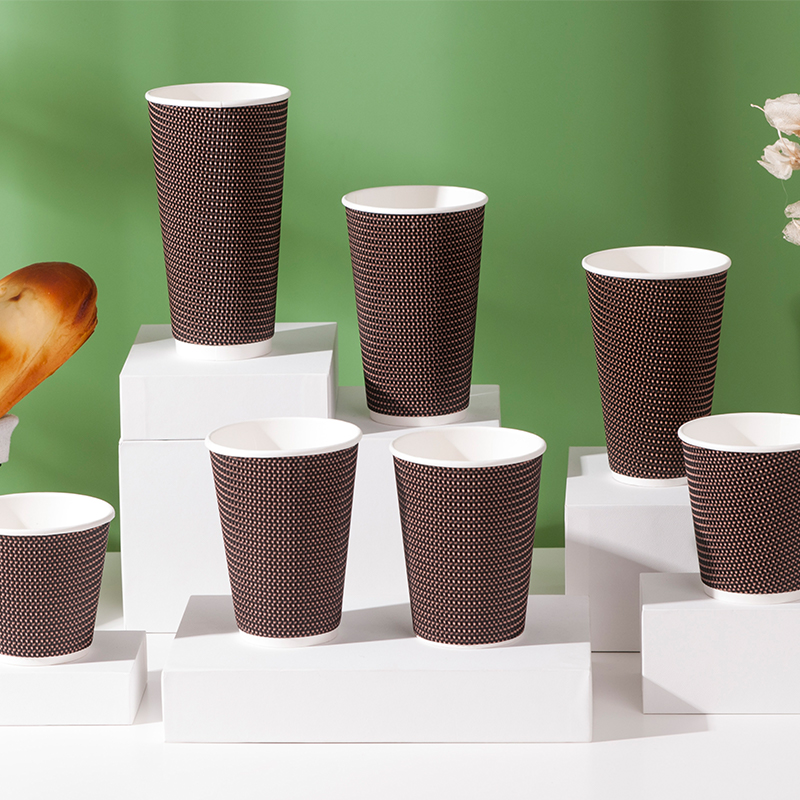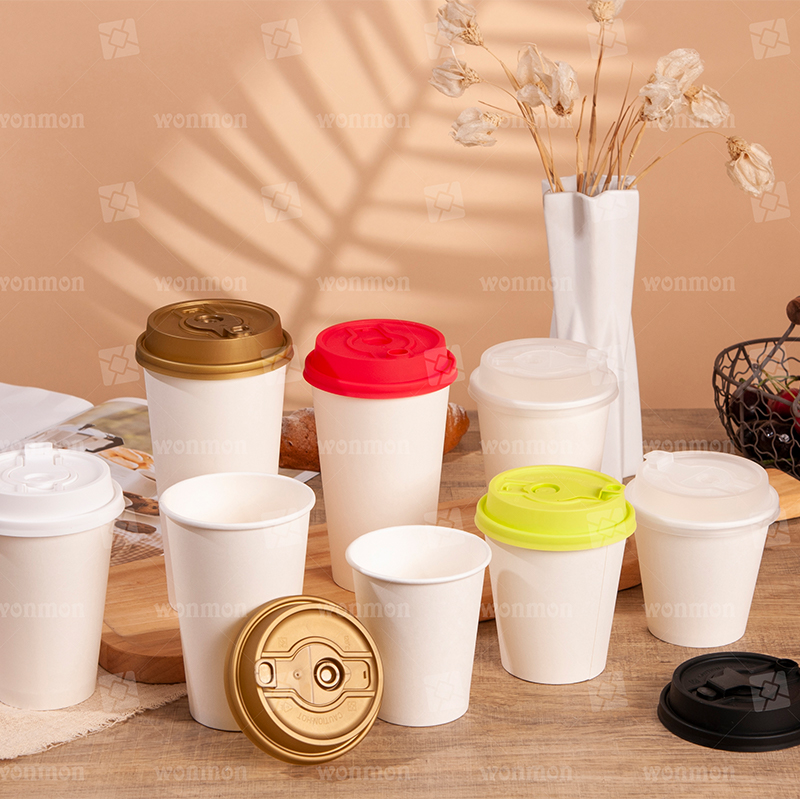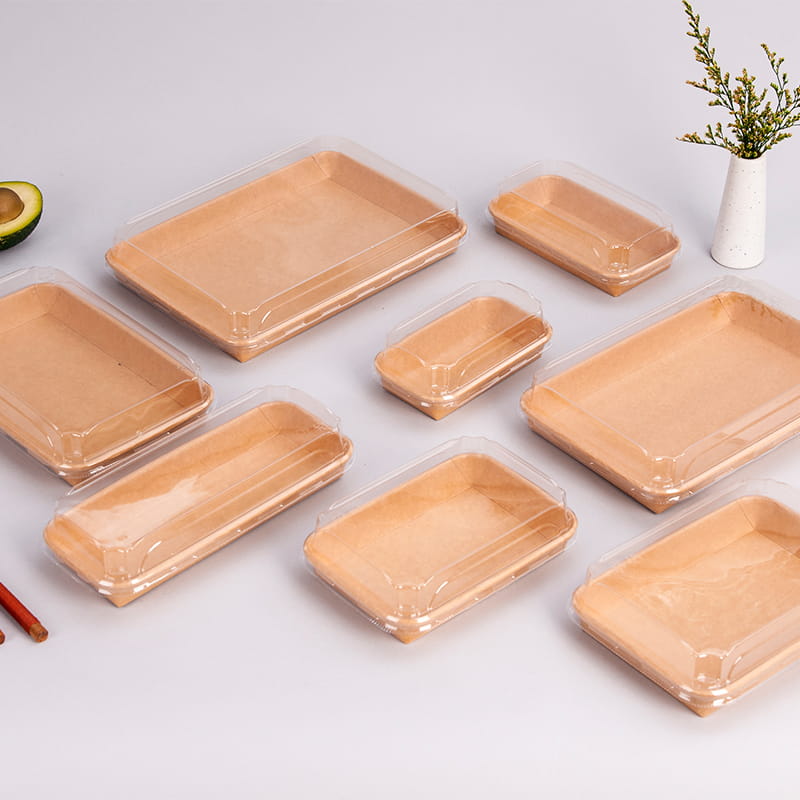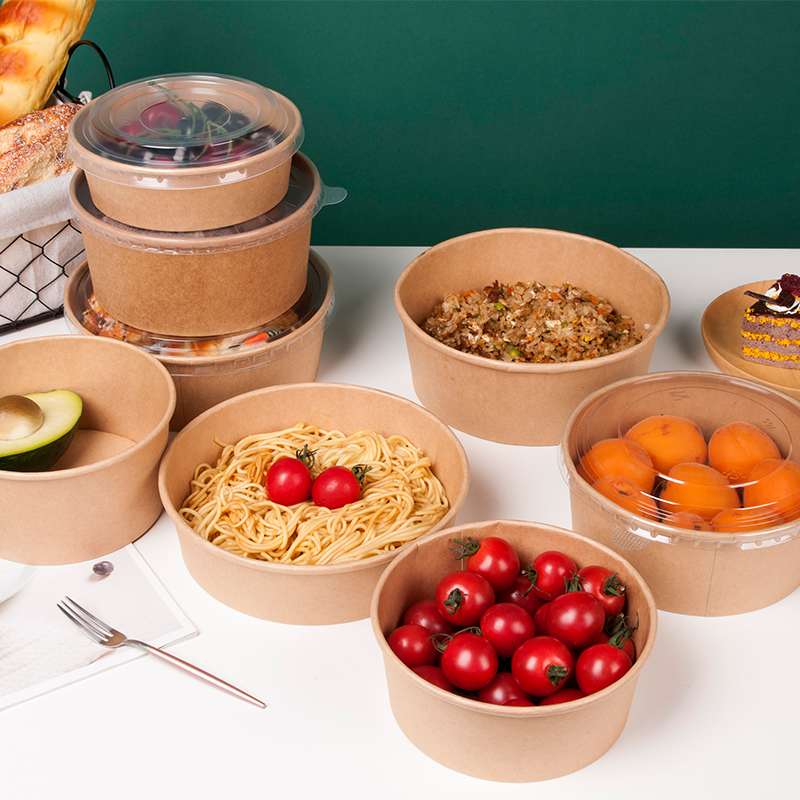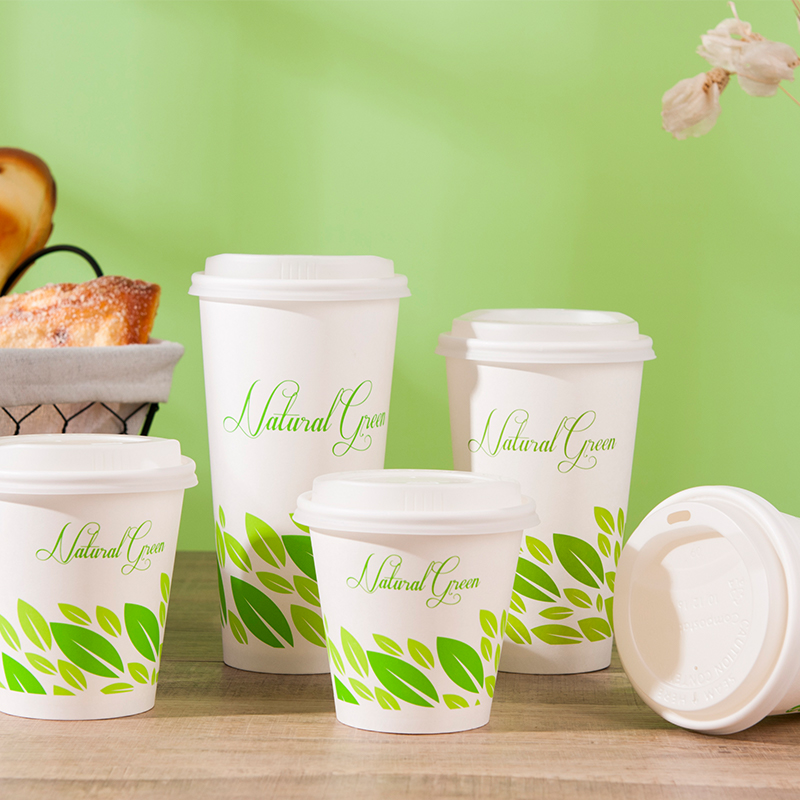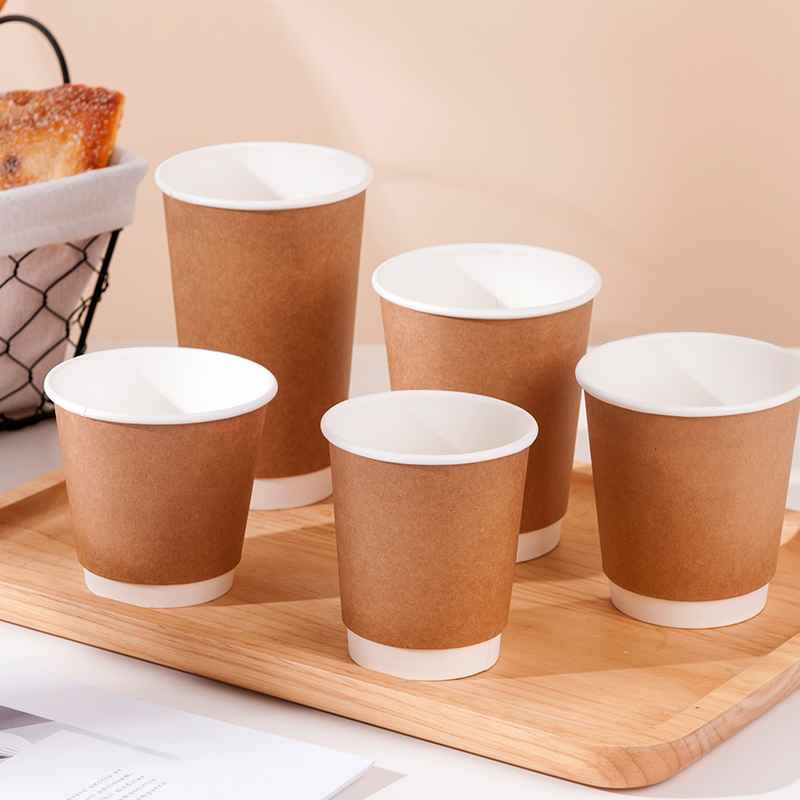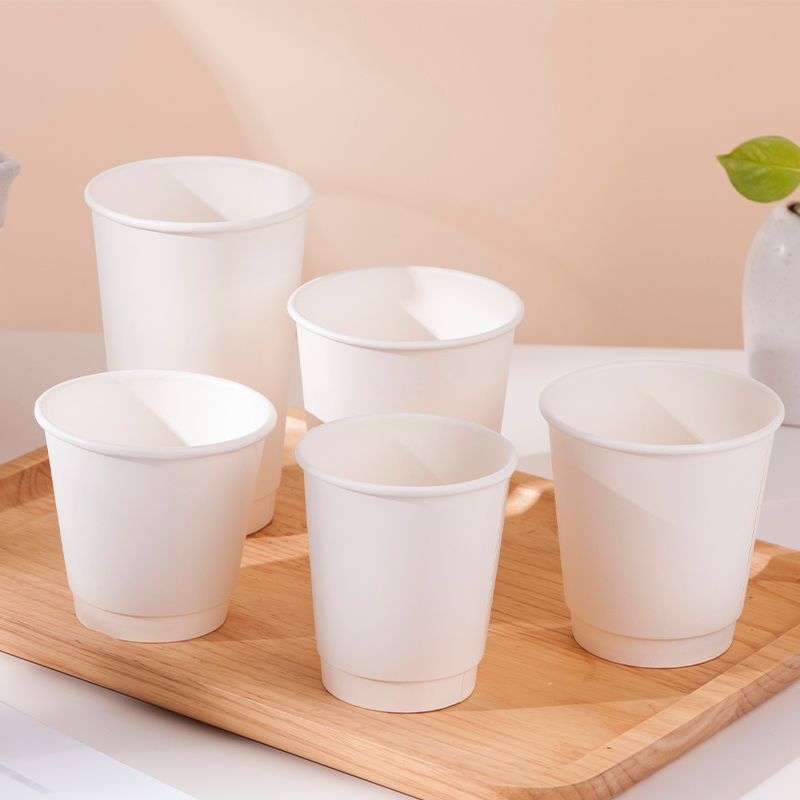Salad paper bowls represent an innovative packaging solution that combines sustainability with convenience, offering a versatile and eco-friendly alternative for food service establishments. As the demand for sustainable packaging grows, salad paper bowls have gained popularity for their numerous benefits. Here's an exploration of the versatility and advantages of salad paper bowls in the realm of innovative packaging solutions:
1. Eco-Friendly Material:
Biodegradability: Salad paper bowls are typically made from eco-friendly materials such as paperboard or sugarcane bagasse. These materials are biodegradable, meaning they break down naturally, reducing environmental impact.
Renewable Resources: Using materials like bagasse ensures that the packaging comes from renewable resources, minimizing the depletion of finite raw materials.
2. Versatility in Design:
Customizable Shapes and Sizes: Salad paper bowls come in various shapes and sizes, offering flexibility to meet different portion sizes and presentation preferences. This versatility makes them suitable for a range of salads and other food items.
Printable Surfaces: The surface of salad paper bowls can be customized with branding, logos, or information. This allows businesses to enhance their brand visibility and communicate with customers.
3. Microwave and Refrigeration Compatibility:
Heat Resistance: Salad paper bowls are often designed to be heat-resistant, making them suitable for microwave use. This feature adds convenience for consumers who may want to reheat their salads.
Refrigeration: The bowls can also withstand refrigeration, maintaining the freshness of salads and other cold dishes during storage or transportation.
4. Oil and Grease Resistance:
Special Coatings: Some salad paper bowls come with special coatings that make them resistant to oil and grease. This is particularly important for salads that may contain dressings or oil-based ingredients, ensuring the integrity of the packaging.
5. Durability and Sturdiness:
Rigid Construction: Salad paper bowls are designed with a rigid and sturdy construction, providing durability for various types of salads, including those with heavier ingredients. This ensures that the packaging maintains its integrity during use.
Leak-Resistance: The construction of salad paper bowls often includes leak-resistant features, preventing liquids or dressings from seeping through and compromising the integrity of the packaging.
6. Convenient Single-Use Solution:
Disposable Convenience: Salad paper bowls offer a convenient single-use solution, eliminating the need for washing and reducing water consumption associated with reusable containers. This convenience is especially appreciated in fast-casual and on-the-go dining settings.
Reduced Cross-Contamination: Single-use packaging minimizes the risk of cross-contamination, ensuring that each serving is delivered in a fresh and uncontaminated container.
7. Stackability and Storage Efficiency:
Space-Saving Design: Salad paper bowls are often designed for stackability, optimizing storage space for businesses. This feature is particularly beneficial for establishments with limited storage capacity.
Easy Transportation: The stackable design facilitates easy transportation, making it practical for catering services or delivery operations.
8. Cost-Effective Solution:
Affordability: Salad paper bowls are often cost-effective compared to some alternative packaging materials. Their affordability makes them accessible for a wide range of food service businesses, from small vendors to larger establishments.
Bulk Packaging Options: Many suppliers offer salad paper bowls in bulk, further reducing costs for businesses that require larger quantities.
9. Compliance with Sustainable Practices:
Consumer Preference: As environmental awareness grows, consumers increasingly seek products packaged in sustainable materials. Salad paper bowls align with this preference, demonstrating a commitment to sustainable and eco-friendly practices.
Meeting Regulatory Standards: Salad paper bowls are designed to meet various regulatory standards for food packaging, ensuring they are safe for use and compliant with industry regulations.
10. Recyclability:
Recyclable Materials: Salad paper bowls, being made from paperboard or bagasse, are often recyclable. This encourages responsible disposal practices and supports recycling initiatives.
Closed-Loop Systems: Choosing recyclable materials contributes to the creation of closed-loop systems where packaging materials can be collected, processed, and reused.



 English
English 中文简体
中文简体
